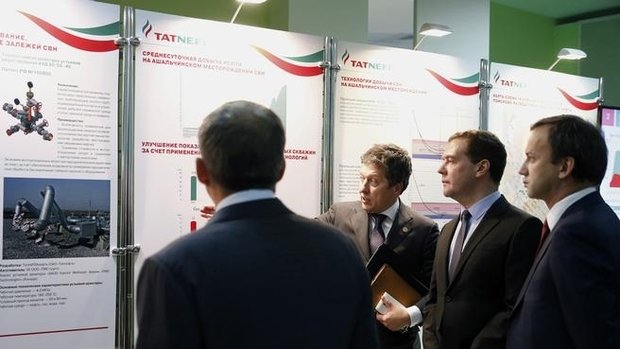Modernisation to bring Russian refineries more opportunities
Russia's petroleum refining facilities have made considerable progress since the early 2000s: major modernisation efforts caused a rise in the average oil refining efficiency. Now the industry is adjusting to new ecological standards, so attracting investment becomes increasingly essential, as the process requires major research and development expenses.
Modernisation is the key concept for the Russian downstream sector nowadays, according to Hydrocarbon Engineering. The process started at the beginning of the 2000s when companies of the downstream segment together with government bodies developed a step-by-step modernisation strategy. Later, the massive equipment renovation was initiated.
Since then, the segment has made great progress. The Russian Ministry of Energy reports that 70 secondary oil refining units were put into action from 2011 to 2016. The average oil refining efficiency in Russia increased to 81% by the end of 2017, which is 2% more than in 2016, thanks to new technologies. It is also expected that oil refining efficiency in Russia will further increase up to 85% by 2020. Overall, Russian refinery capacities increased to 280 million tonnes making Russia third after the US and China in oil processing volume.
However, there is still a lot to do: only eight Russian refineries operate with 90% efficiency or more. As for less progressive facilities with the efficiency of 50–60%, they serve mainly as producers of raw materials for other refineries, like Rosneft's Kuibyshev Refinery (58,5% of refining efficiency), which supplies the company's Novokuibyshev Refinery (about 90% of efficiency).

In the past few years, the rate of modernisation has decreased, as the refinery margin lowered due to a tax manoeuvre and an oil excise hike. In 2017, companies invested about 190 billion rubles in the downstream industry, according to the Ministry of Energy. The completion of the modernisation process became an economic burden for investors, and the Russian government made concessions for some refineries depending on the level of technological advancement to encourage them.
At the moment, Russian refineries are gradually adjusting to new ecological standards by implementing treatment systems and starting to use renewables. The Russian downstream alongside with the European industry is preparing for the transition to Euro 6 fuel standard, but it has to increase production of isoparaffin hydrocarbons and oxygenated compounds. The task requires major research and development expenses, thus, attracting investment is increasingly essential.